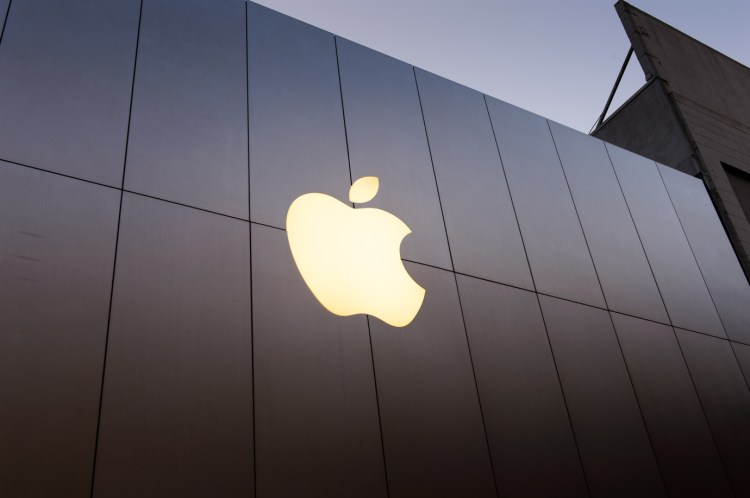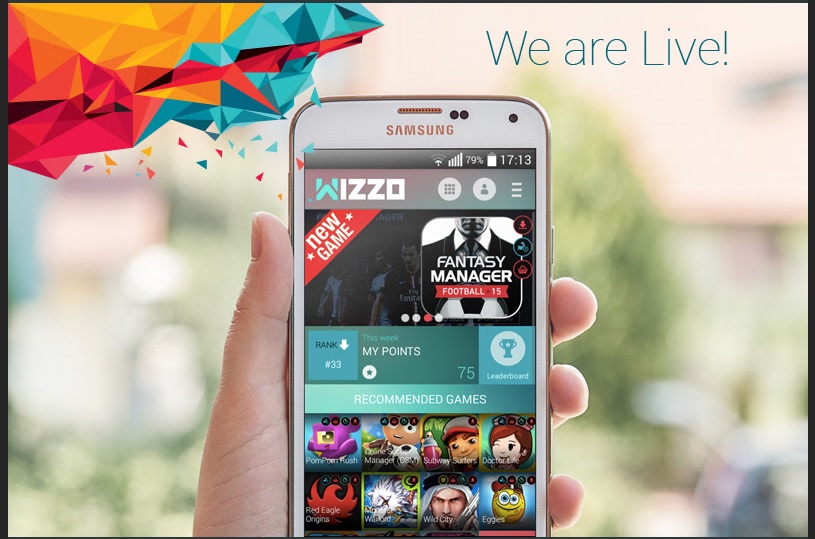Apple is notorious for running eyeballs over every single app submission and holding a tight leash on the strict guidelines it sets to ensure that the App Store experience is always sleek and polished. It also prides itself on its efforts to guide and support developers so that they can minimize the chance of their apps being rejected. But this can only go so far. For instance, third-party app stores have no hope of ever seeing the light of day on the App Store, right? Guess again.
Enter the strange case of Wizzo, the third-party app store specifically tailored to casual games, which went live on the App Store just a few months back. The company behind it is regional broadcasting giant MBC Group, headquartered in Dubai. In the past, the company’s investment arm, MBC Ventures, has invested in the games industry with funds injected into studios like Falafel Games. But only in the middle of last year did it release its first attempt to enter the distribution chain directly with a marketplace tailored to mobile games.
Wizzo targets users as a social gaming platform equipped with all of the usual incentive-based buzzwords like global leaderboards, competing with friends, a points system triggered by downloading and playing games, and monthly prize giveaways. “The more games you play, the more points you win” reads the messaging on its website.
App Annie’s records state that Wizzo debuted on Google Play back in Jan 2015 but struggled to appear on Apple for nearly a year. A source has told me that, during this time, the MBC team leading the new venture lobbied Apple, redesigning itself repeatedly so as to disguise the fact that it is clearly serving as a third-party app store and to sidestep the seemingly inexorable barrier it was facing in getting its iOS version to go live. And then suddenly, on December 2015, Wizzo appeared on the App Store, per App Annie’s records.
Something is fishy here. Here’s my theory:
Apple Music launched in the Middle East last July with an affordable subscription package that surely delighted the large concentrations of foreign expats living in regional hotbeds like the United Arab Emirates. The only drawback was the relatively limited iTunes library that struggles to compete with the local offering of regional competitors like Anghami.
In an interview at the time, Anghami cofounder Eli Habib said, “Musically speaking, Anghami’s local music library is extremely superior to Apple’s one, while the international library is very much comparable – since we both play by the label regional rules.”
Now, MBC Group has the rights to an enormous portfolio of movies and music alike. Its library has likely watered the mouths of the music and movie heads in the Middle East at Apple for quite some time. So did they decide to level the playing field in the region by making a deal with MBC, a deal that traded access to MBC’s rights in exchange for Apple turning its head the other way, so to speak? If so, it is a double standard that unfairly discriminates against the wider developer community.
[Editor’s note: VentureBeat has reached out to Apple for comment on this story. We’ll update if/when the company responds.]
Amir-Esmaeil Bozorgzadeh is a cofounder of Gameguise, a Dubai-based publisher of online games in the Middle East and a consultancy to global game developers and publishers that need local help in understanding and operating in the market.
VentureBeat's mission is to be a digital town square for technical decision-makers to gain knowledge about transformative enterprise technology and transact. Learn More


